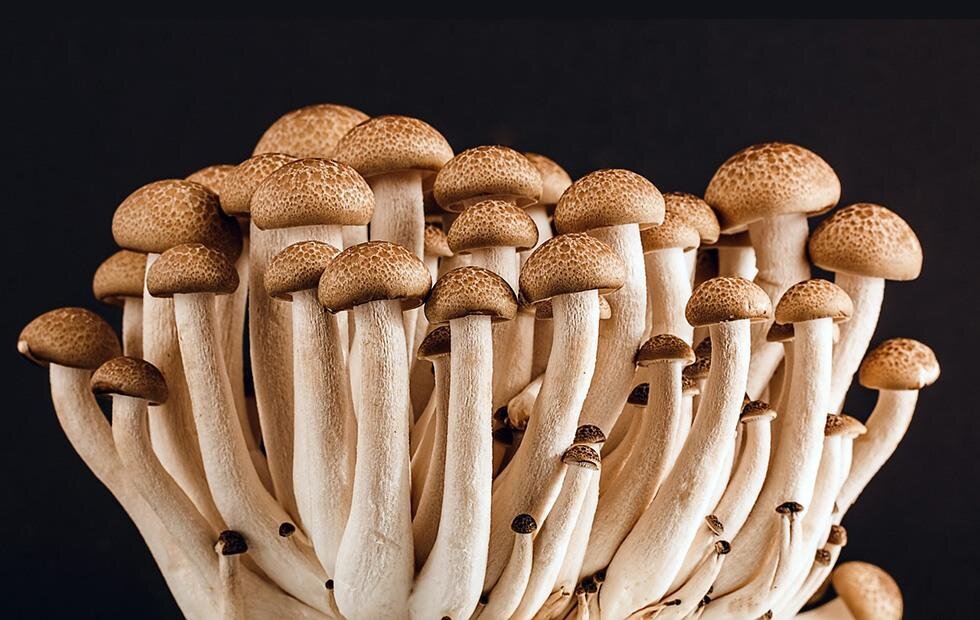Should Psilocybin be Legalised for Testing and Therapeutic Use?
By Siddhant Kansal
One of the world’s most potent psychedelic drugs are magic mushrooms. These are a naturally occurring polyphyletic species of mushroom, with the active ingredient being a chemical known as psilocybin. These fungi are commonly known as “shrooms” and are widely used as recreational drugs around the world.
To clarify, psychedelic refers to psychedelic drugs, which cause illusory hallucinations. These either are extremely realistic or seem to be so to the drug-user since they alter brain chemistry.
https://psilocybin.net/wp-content/uploads/2019/05/mushrooms-Psilocybin-Extract.jpg
The way that the psilocybin mushrooms work is simple. Our body breaks the active ingredient down into psilocin which travels to the brain in our blood. Due to the fact that it prevents the re-uptake of the neurotransmitter serotonin, it increases its activity. Not only this but psilocybin is of a similar shape to serotonin, so it binds to the receptors in the brain which serotonin normally binds to, so this creates an increased hallucinogenic effect. This leads to the ‘trip’ that magic mushroom users often experience.
This drug is actually seen to be least toxic of all the recreational drugs available to use, legal and illegal, yet research is forbidden in most of the world and so, many scientists have asked to experiment and study this drug, which could potentially have productive uses.
Oregon has recently become the first state to allow the drug in therapeutic treatments to cure depression. To clarify, a few states in the US have legalised some use of psilocybin in some form or another, but Oregon was the first state to provide a structured legal framework to back up this legalisation and to provide a backbone and rigidity to make sure the drug is not abused.
Johns Hopkins University published a randomised, controlled trial of treating major depressive disorder with synthetic psilocybin in JAMA Psychiatry, which is a monthly peer-reviewed medical journal published by the American Medical Association. This study found that, 71% of people showed significant improvements after a period of depression – the word significant was defined as having a continuous improvement and remission from their condition for at least 4 weeks after the administration of this drug.
Only 54% was needed to meet the remission criteria of the drug, but this target was more than met in this study, and so it is possible that psilocybin does in fact have, at least in controlled environments, beneficial uses in the psychological sciences.
In 2019, a company called Compass Pathways was given breakthrough status to study this drug, which reportedly gave people in one study a sense of reorganisation and positive belief in their life, so it is not unprecedented for private organisations to have been allowed the rights and necessary permissions to study this currently controlled drug.
In Oregon, it has been emphasised that the use and culturing of this drug will be heavily supervised and monitored, but this drug does in fact currently look promising, as it does not cause as many side effects like other SSRI treatments do. One common side effect is weight gain, which this drug does not cause.
In conclusion, we do not know when this drug will be widely available for use or even for study, but research shows this could be a big breakthrough.
